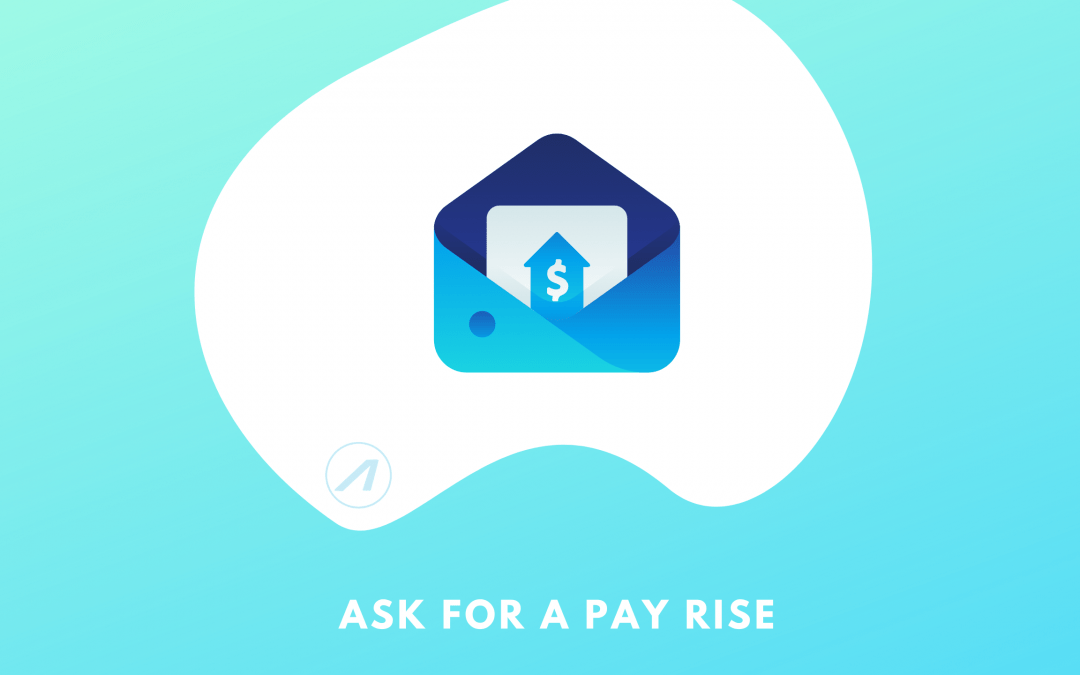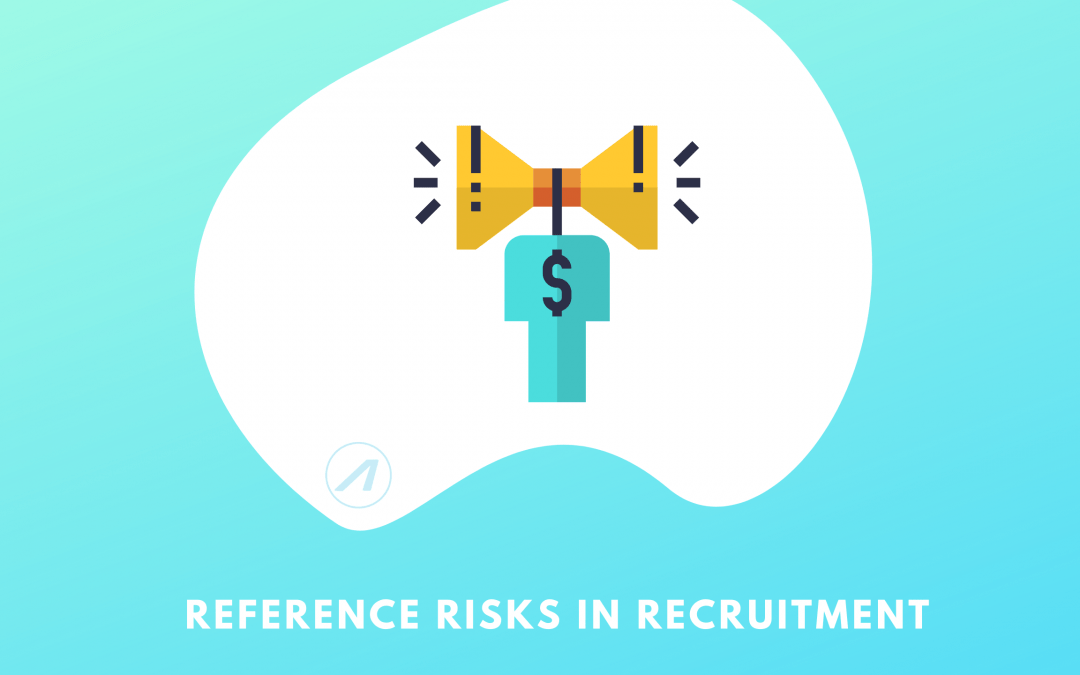


RECRUITMENT IN ANY SEASON CAN TEST THE BEST OF US

5 NON-FINANCIAL WAYS TO REWARD AND MOTIVATE EMPLOYEES
There are a multitude of ways to reward and retain employees and they are not always driven by money.
A little over a third of Australian employees said that extra annual leave appealed to them. On top of this, one in five said they would like a day off for their birthday.

JOB SEARCH DO’S & DON’T’S
What is the best way to manage your job search?
In the age of applying online for job opportunities, high volumes of applications to both recruitment agencies and employer job ads are a given. So in light of this, how do you ensure that your resumé doesn’t get lost in the sea of applications?
It is essential to manage your resumé and professional online profile to ensure that you are presenting the very best version of yourself. Here are our top tips on the do’s and don’ts of managing your job search.

- Do have an easy to read and spell checked resumé
- With agencies and direct companies receiving so many job applications at the start of the year, you don’t want an over complicated resumé that gets dropped to the bottom of the pile. A simple resumé layout that highlights your most important skills and experience is crucial. Don’t forget to proofread!
- Don’t use inappropriate colours or fonts on your resumé
- Although you want your resumé to stand out from the crowd you must remember your resumé is a professional document, meaning that visually it should look that way as well.
- Do have purpose in what you’re looking for and know why you are looking
- Create an action plan before you start to apply. Know what organisations you would like to work for and which agencies you would like to contact.
- Being clear and organised on what you want to achieve from your job search will help ensure greater success.
- Don’t spam apply to hundreds of roles. Think quality over quantity.
- Do keep a log on where your resumé has been sent
- It is important to keep details of where you have sent your resumé and which job boards you’ve registered to. Having this information will save you from being caught off guard when being contacted by a hiring manager or agency contact.
- Do contact agencies before applying to them
- Although this is not always possible, it is good practice. By contacting the agency first, this gives you an initial opportunity to communicate what you’re looking for and understand what they can offer to you.
- Don’t stalk recruitment agencies or a hiring manager
- It is extremely important to follow up, especially when there is a high volume of applicants. A follow up is a clear sign of your interest, however be mindful of the fact that yours is not the only application and that each time you call you’re taking time out of a hiring manager’s busy day.
- Do make use of your network
- It’s great to get referrals through your network however do be mindful of how you are using your network. If you have already been put forward for an opportunity by your agency, reaching out to a connection that works at that firm can hinder the process.
By following these simple tips you will have a greater ability to stand out from the crowd and help ensure more success in your job search.

REFERENCE RISKS IN RECRUITMENT
Reference checks are arguably the most important part of any recruitment process. Not only can they help avoid a potential disaster, they can also provide the blueprint for success.
Why?
When references are done thoroughly, they provide not just validation of the candidate’s skills and employment history but provide the new employer with important information on how best to manage and motivate the new employee so they reach their full potential in the new role.

With this in mind it is therefore curious how candidates, agencies and employees are increasingly putting less importance and weight into the reference process. For many it has become little more than a box ticking exercise, which in our opinion, is a risk not worth taking. Not only may the candidate not be who they claim to be or have the skills, experience and qualities required, you will also miss a golden opportunity to understand how to manage and motivate the individual to set them up for success.
MITIGATING REFERENCE CHECK RISK
Candidates:
- Ensure your elected referee knows they are going to be contacted. If possible, give them context of the role and the organisation
- Ensure your referee is of a suitable calibre and relevance ie. they are of suitable seniority and have visibility of your capabilities
Employers / Agencies:
- Ensure the referee is of a suitable calibre and relevance – don’t be afraid to ask for an alternative if the candidate’s initial suggestion won’t give you the information that you need
- Verify academic qualifications and professional memberships. Lapsed memberships and accreditation pose a compliance risk
- Take all reasonable steps to ensure you are actually speaking to the person listed as a referee. It is not unknown for candidates to organise other people to
pose as their referee - Complete the reference prior to making a job offer. This enables the reference feedback to support / validate / influence the hiring decision and not just be a step in a process
- Finally, and most importantly, ask the right questions. Do not follow a script as this encourages platitudes. Ask open questions that are specific to the
individual’s experience and work history. Focus on technical abilities but also ask broader questions relating to the
individual’s work style and competencies, such as:- How is the person best motivated / managed?
- How does this person react to detailed feedback / criticism?
- What sort of people in your team did they get on best with?
Don’t forget to follow our Altitude company page on LinkedIn for further advice to assist you with your job search and to keep up to date with the latest available opportunities, click here to go straight to the page.

Recent Comments